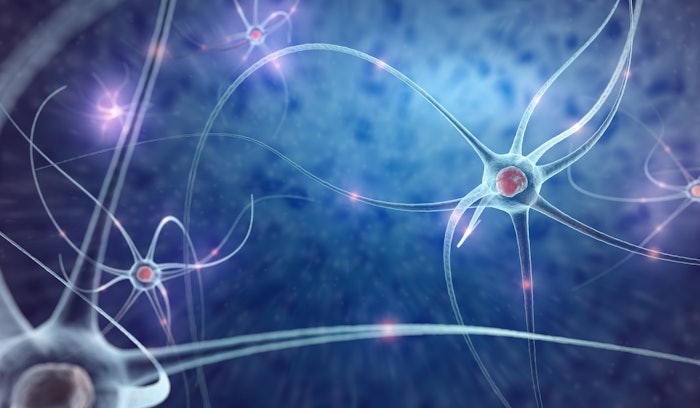
A five-year research project funded by the National Institutes of Health, led by Christian H. Lemon, Ph.D., an associate professor in the Department of Biology in the Dodge Family College of Arts and Sciences, aims to better understand how the brain processes taste and how those neural pathways can evolve.
It is said that the project will build on a discovery made by Lemon’s research group while studying a part of the brain where taste sensations can excite neurons in the midbrain region. By determining how neurons are receiving signals for taste and touch sensations, Lemon’s study hopes to better understand how these integrations happen and whether it is reflective of an emotional correlation.
Lemon believes this neural correlation may be evidence of the brain “multitasking,” making use of limited brain cells to perform multiple functions for the body, the associate professor hopes to better understand how and why these signals come together and further define basic organizational principles of the brain relevant to health and disease.
Lemon said in an interview with the University of Oklahoma, “Taste is a component of flavor; it contributes sensations like saltiness and sweetness. When we're eating food, we get a lot of pleasure from taste and flavor, but taste is actually a sensory system that we really don't fully understand in terms of how it works in guiding eating behavior and also how it works in the brain."
The associate professor added, “There is a part of the brain that takes in sensory information from basically almost all over the body, and taste is a part of this. We're wanting to understand, essentially, how taste is mapping into this part of the brain, along with all of these other body sensations as well, with the idea that if we can understand this it might actually tell us more about how taste works and how the taste system and other senses are organized, and why there appears to be neural overlap between them. Studies in the new grant will combine molecular, genetic and neurophysiological testing to examine the organization of brain circuits that support the intersection of taste and touch sensations, and how these circuits work to influence behavior,” he said.










